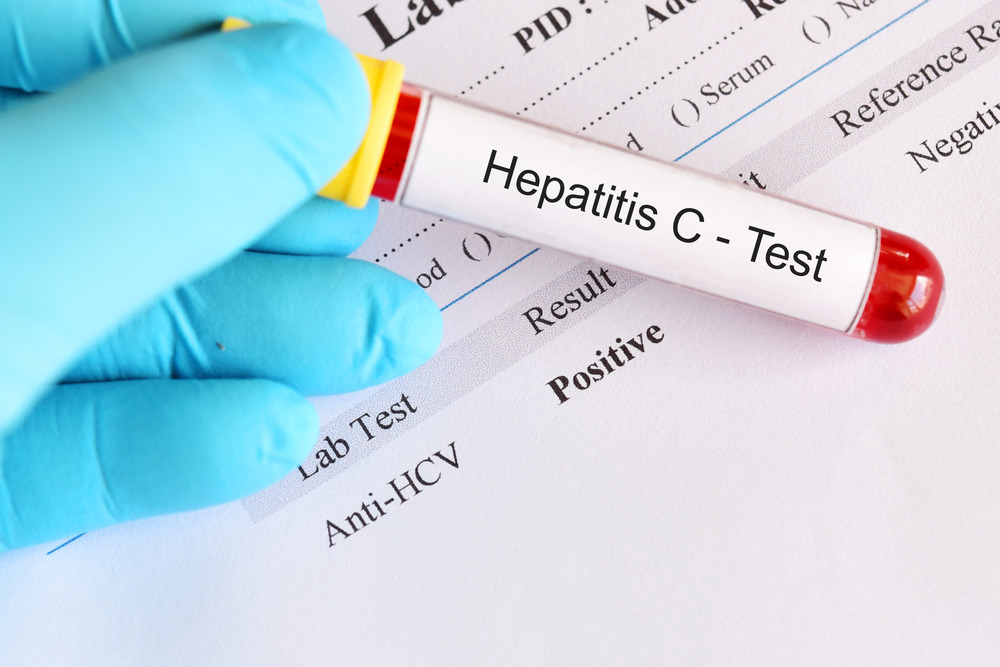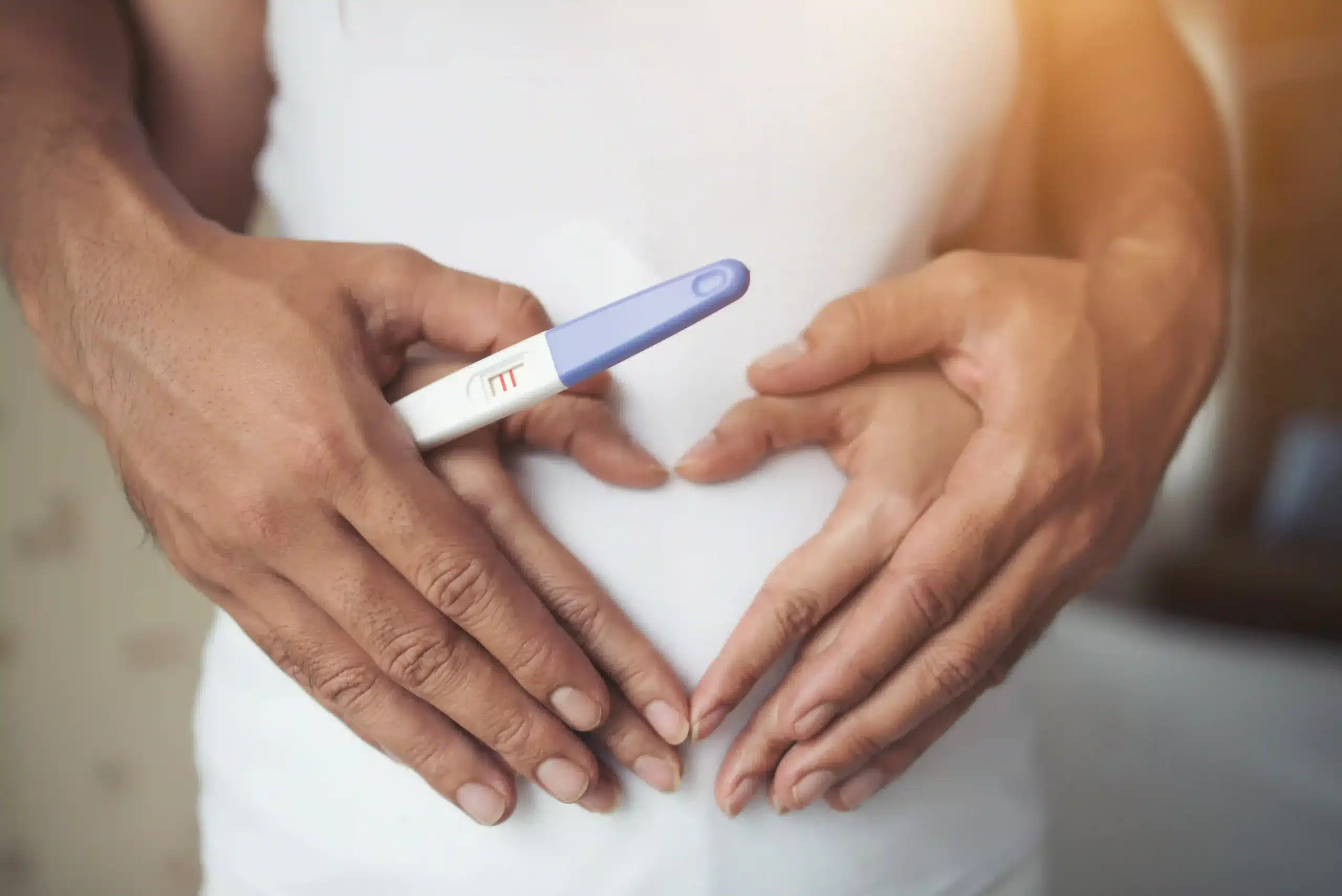Syphilis and Pregnancy
Syphilis spreads through sexual contact and can pass from mother to baby during pregnancy, creating serious health risks for both. The World Health Organization reports that nearly six million pregnant […]
Hepatitis C Window Period: When Can You Get Tested?
Hepatitis C, or HCV, is a serious viral infection that affects the liver and can lead to long-term health complications if it goes undiagnosed. One of the most important factors […]
Most Painful Sexually Transmitted Diseases
Sexually transmitted diseases are infections that are spread by oral, vaginal, and anal contact, ranging from bacteria and viruses to parasites that infect the reproductive system. While some people think […]
How to Read Hepatitis Test Results
Understanding your hepatitis C test results can be overwhelming due to unfamiliar medical terms. If you are planning to get tested or you are waiting for test results, knowing how […]
Chlamydia and Pregnancy: What to Expect
Chlamydia is a common sexually transmitted infection (STI) caused by the bacterium Chlamydia trachomatis. Chlamydia usually spreads during unprotected sex and can affect both females and males. It is typically […]
Gonorrhea vs. Yeast Infections
Itching, burning, and unusual discharge are among the most typical signs of both gonorrhea and yeast infections. Due to these shared symptoms, gonorrhea can be mistaken for a yeast infection; […]






